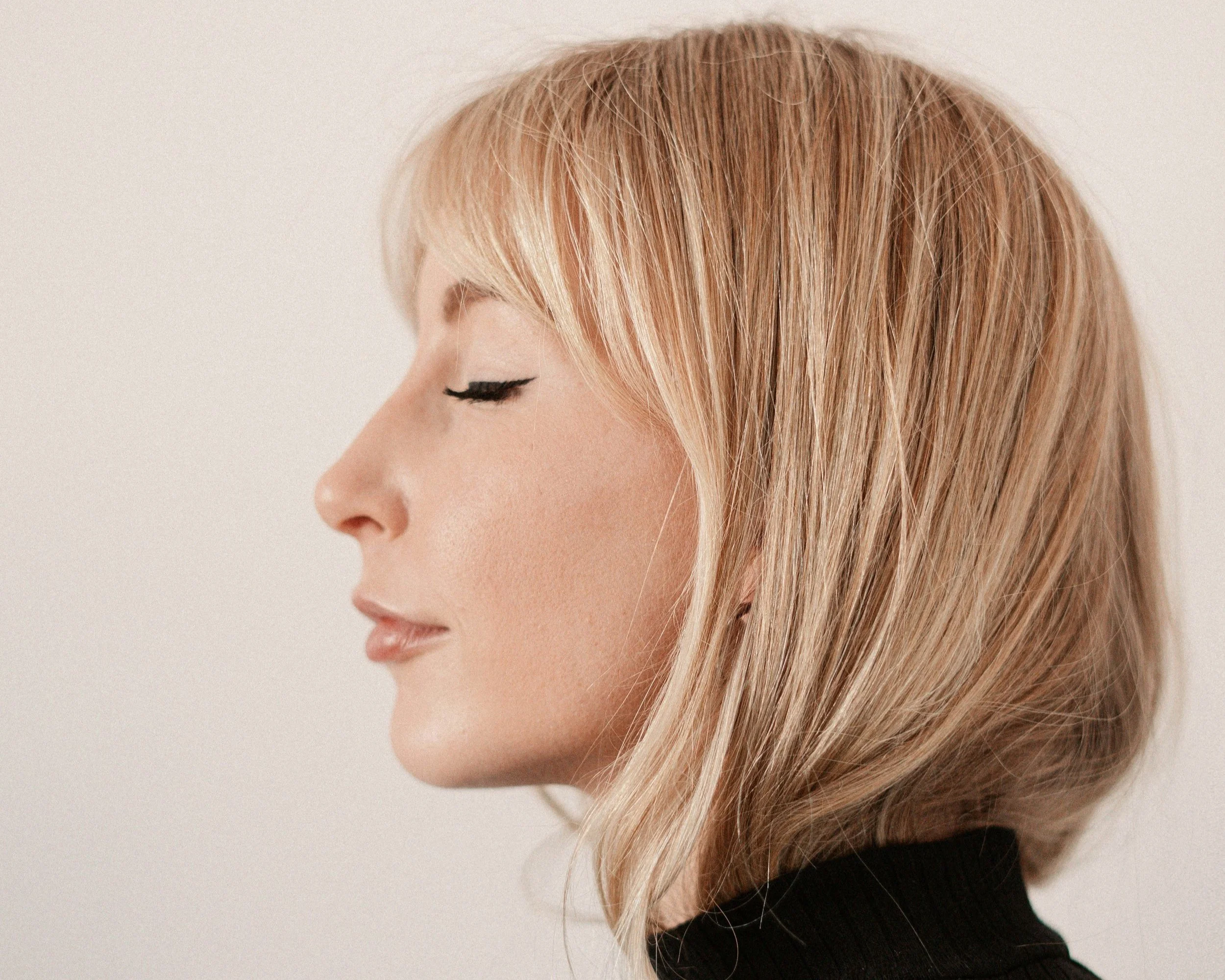RAGE, GUILT AND EVERYTHING IN BETWEEN: THE UNSPOKEN EMOTIONS
By Nicole Fuge
We’re told motherhood is a beautiful, sacred experience. An endless well of love, warmth and joy. But for many women, that story is only part of the truth. Between the sleepless nights, identity shifts, hormonal swings and relentless mental load, motherhood can also crack us open in ways we never expected. And yet, we rarely talk about it.
With World Maternal Mental Health Day on May 7, it’s the ideal time to acknowledge what so many mothers are feeling but few feel safe enough to say out loud: that motherhood can be maddening, messy, and emotionally overwhelming.
The truth about maternal rage
One of the most taboo emotions mothers face is rage. Not frustration, not irritability; full-blown, blood-boiling rage. It’s a visceral, physical reaction that can feel terrifying and shame-inducing. It might come after asking your toddler to put their shoes on for the 15th time. Or when you haven’t eaten all day and someone spills milk across the floor. Or maybe it brews silently, day after day, from feeling invisible and unsupported.
Maternal rage is real, and it’s often a symptom of deeper issues: chronic sleep deprivation, postpartum depletion, unresolved trauma, or simply the pressure of trying to meet impossible standards. Rage is not a failure… it’s a flag.
Guilt, shame and the weight of perfection
Close on the heels of rage is guilt. For yelling. For needing space. For not loving every moment. For secretly mourning your old life. For feeling anything but gratitude.
Modern motherhood is often framed as a gift we must cherish at all costs. But when the reality doesn’t match the ideal, the emotional backlash can be intense. Shame creeps in. We question our worth. We wonder if we’re broken.
The truth? These emotions aren’t proof that you’re a bad mum. They’re proof that you’re human.
Anxiety, resentment, grief and why they matter
Beyond rage and guilt, many mothers experience a quiet undercurrent of anxiety, resentment or grief. Anxiety that you’re doing it all wrong. Resentment toward a partner who doesn’t carry the same mental load. Grief over a career paused, a social life lost, a body changed.
These feelings are valid. They don’t mean you don’t love your children, they mean you’re navigating an immense transformation with too little support.
We need to talk about this
For generations, maternal mental health has been left in the shadows. But the silence is starting to crack. More women are speaking up. More people are recognising that symptoms of depression, anxiety and rage are not signs of weakness, but signs of overwhelm, and signals that help is needed.
Support might look like professional counselling, medication, joining a mothers’ group, or simply telling a friend the truth about how you’re really doing.
You don’t have to carry this alone. You deserve care too.
If this resonates
If any of this feels familiar, know that you’re not alone, and you are not broken. This World Maternal Mental Health Day (and every day), let’s honour the full spectrum of motherhood. Not just the smiles and milestones, but the hard, heavy, hidden parts, too.
If you’re struggling with intense emotions or mental health challenges, please reach out to a qualified healthcare provider for personalised support and treatment.
Disclaimer: The content provided on Muse Paper is intended for informational and educational purposes only. It is not a substitute for professional medical advice, diagnosis, or treatment. Always seek the guidance of your physician or other qualified healthcare professional with any questions you may have regarding your health, medical conditions, or treatments.
MUSE PAPER
ISSUE 04
